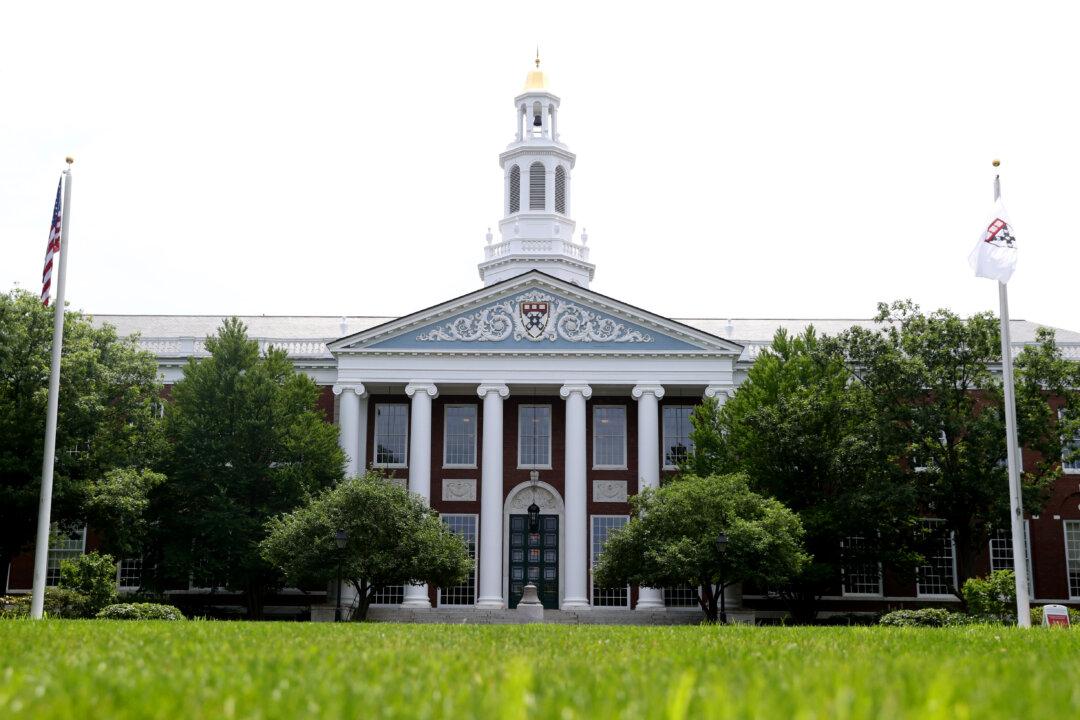The U.S. Department of Education is taking up a civil rights complaint over Harvard University’s legacy admissions policies, a long-standing practice critics say is unfairly biased toward children of alumni and wealthy donors.
The complaint was filed earlier this month by Lawyers for Civil Rights on behalf of several black and Hispanic activist groups in the Boston area. It urges the federal government to investigate Harvard’s admissions process, which allegedly favors an “overwhelmingly white” group of legacy candidates.





